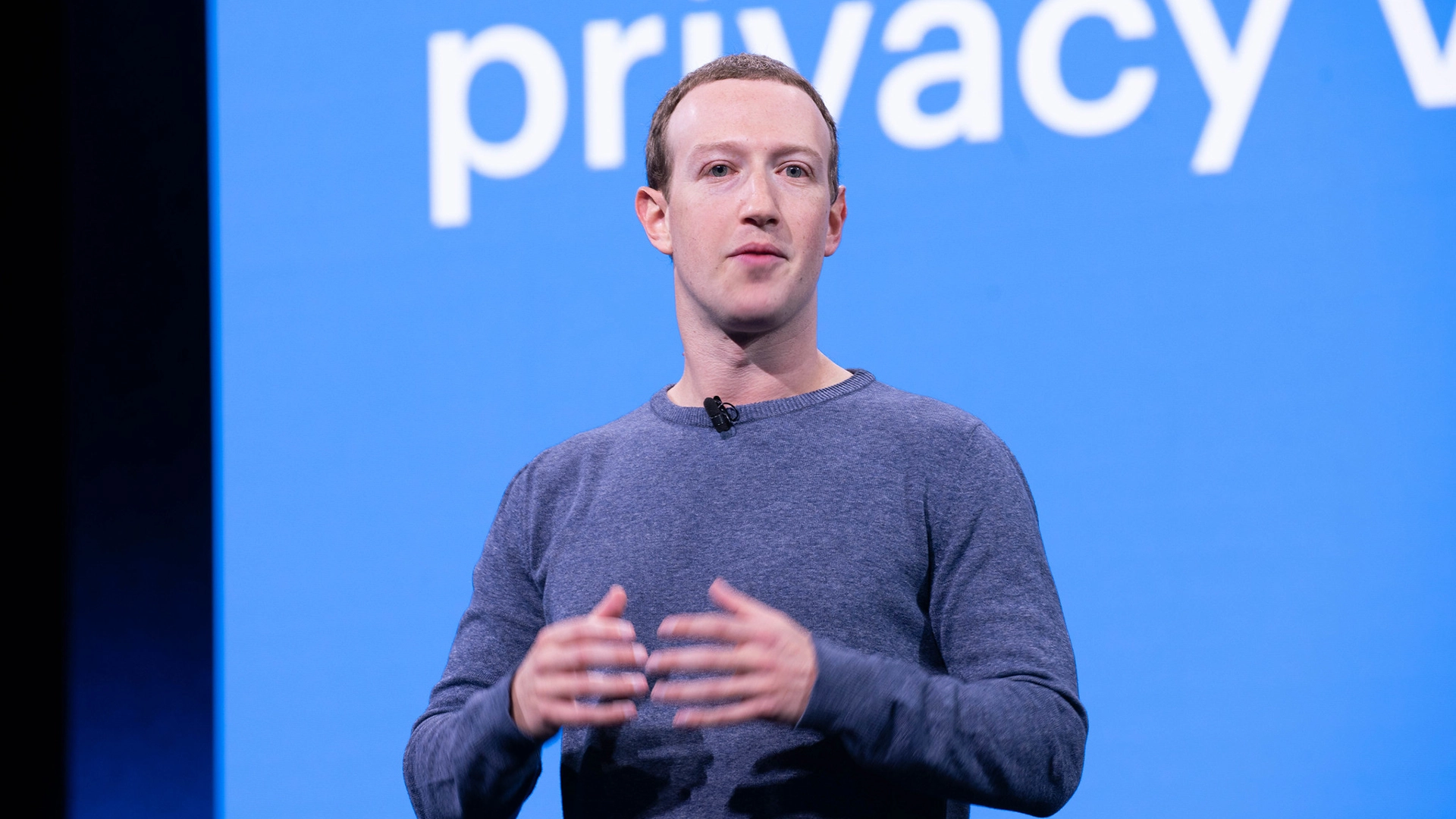
Image by Anthony Quintano, from Flickr
Meta’s Fact-Checker Replacement Fails To Stop Misinformation
Meta replaced its professional fact-checking with volunteers. But after 65 attempts to correct misinformation, only three community notes were published.
In a rush? Here are the quick facts:
- Meta replaced fact-checkers with a volunteer-based “community notes” system.
- A Washington Post columnist submitted 65 notes; only 3 were published.
- Meta calls the system experimental but offers little transparency or data.
Meta’s decision to replace professional fact-checkers with a crowdsourced “community notes” system is facing scrutiny after a tech columnist tested the tool and found it largely ineffective, as reported in an investigation by The Washington Post.
“When a hoax about Donald Trump went viral at the funeral of Pope Francis, I went on social media to try to set the record straight,” wrote The Post columnist Geoffrey A. Fowler.
The author participated undercover in the Meta program as one of many volunteers who work to stop misinformation across Facebook, Instagram, and Threads platforms.
Fowler spent four months sending 65 community notes to Meta that aimed to correct fake claims, which included AI-generated videos and fake ICE-DoorDash partnerships. Only three of those were published.
“That’s an overall success rate of less than 5 percent,” he wrote, even though many of the hoaxes he flagged had already been debunked by Snopes and Bloomberg News.
Meta claims the program is still in its “test-and-learn phase,” according to spokeswoman Erica Sackin. The platform uses a “bridging algorithm”, which matches approvals from users with conflicting opinions before it can publish a note, thus making it very challenging to achieve approval.
“The algorithm is better at avoiding bad stuff than ensuring the good stuff actually gets published,” said Kolina Koltai, a former developer of community notes at X, as reported by The Post. Her own success rate on X is 30%, still far above Fowler’s 5% on Meta.
Experts like Alexios Mantzarlis, of Cornell Tech’s Trust and Safety Initiative, have also criticized Meta’s approach. “It is concerning that four months in, they have shared no updates,” he said, reports The Post.
Fowler argues that unpaid volunteers cannot replace professionals. “Since Zuckerberg already fired the professional fact-checkers, the community notes system isn’t just a test — it’s our current main line of defense,” reported The Post.
Adding fuel to criticism, former Facebook executive Sarah Wynn-Williams accused Mark Zuckerberg of dishonesty, toxic leadership, and ignoring human rights concerns in her memoir Careless People.
She claims Meta silences dissenting voices and prioritizes power over ethics. The company attempted to block the book’s release, citing a non-disparagement agreement.
Critics also argue that Zuckerberg’s elimination of the fact-checking program is less about free speech and more about consolidating power while offloading content responsibility onto unpaid users. The news defense mechanism remains critically weak because 54% of Americans depend on social media for their news consumption.


 Previous Story
Previous Story

 Latest articles
Latest articles 